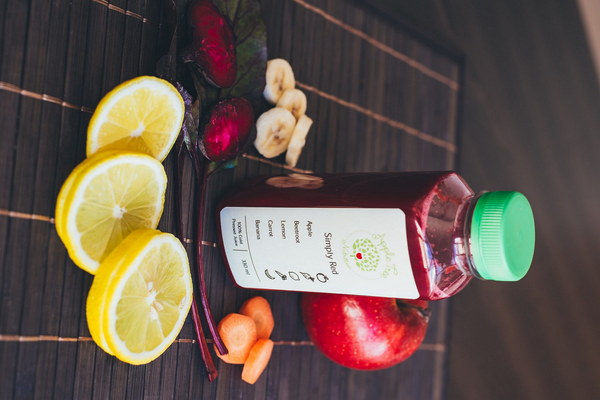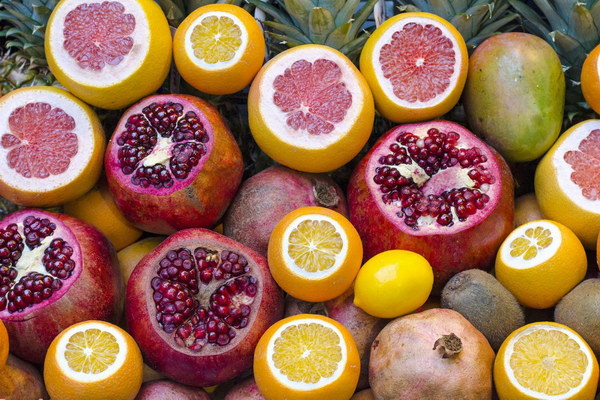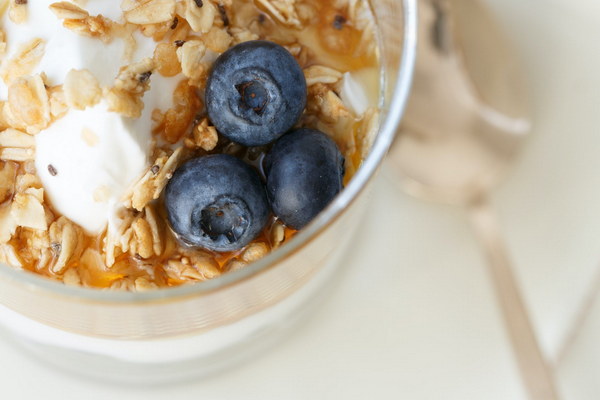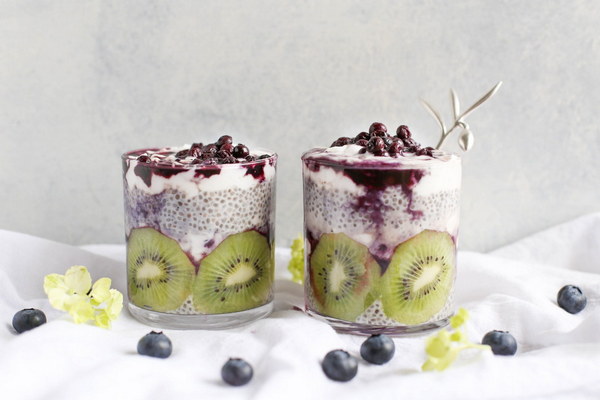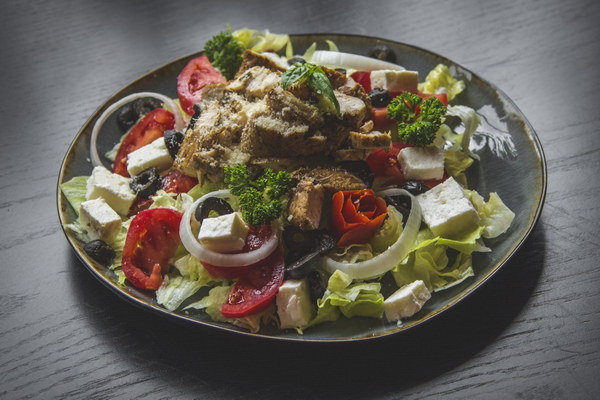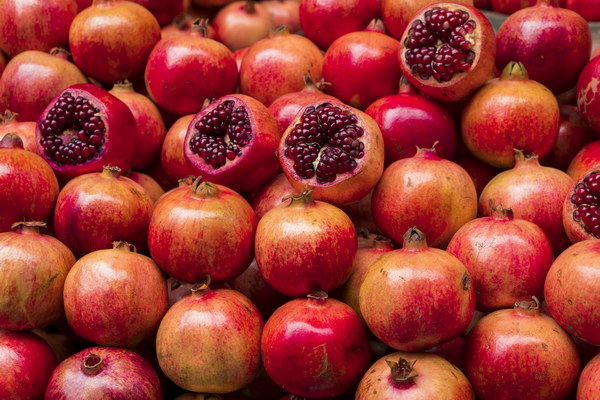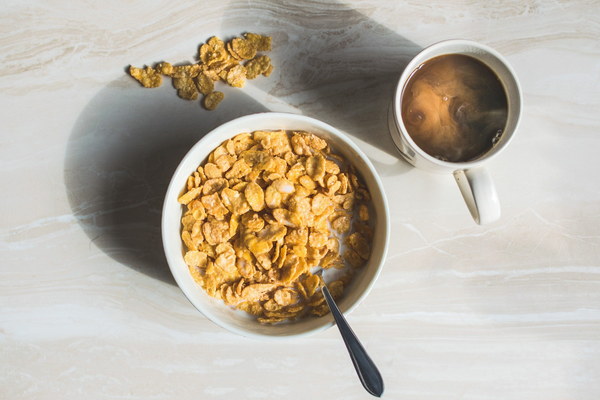Nourishing Your Stomach A Comprehensive Guide to Foods for Gastric Health
Gastric disorders can range from mild discomfort to severe pain, affecting millions of people worldwide. While medication is often necessary for managing symptoms, dietary adjustments can significantly alleviate gastrointestinal issues. This article provides a comprehensive guide to foods that can help nourish your stomach and promote healing.
1. Ginger: Ginger has been used for centuries to aid digestion and reduce inflammation. Its anti-inflammatory properties can help soothe the stomach lining and alleviate nausea. Add fresh ginger to teas, soups, or salads to reap its benefits.
2. Bananas: Bananas are a great source of potassium, which can help to balance stomach acids. They are also easy on the stomach and can help to settle an upset tummy. Eat a ripe banana as a snack or add it to your morning smoothie.
3. Probiotic-Rich Foods: Foods like yogurt, kefir, sauerkraut, and kimchi contain beneficial probiotics that promote a healthy gut flora. These probiotics can help to restore balance in your digestive system and improve overall gut health.
4. Chicken Soup: Chicken soup is a timeless remedy for stomach discomfort. The broth is soothing to the stomach lining, and the protein helps to repair and rebuild tissue. Opt for homemade chicken soup with vegetables for added health benefits.
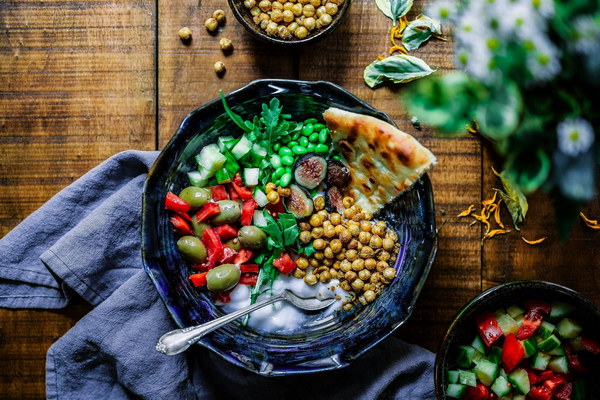
5. Oatmeal: Oatmeal is a nutritious and soothing food for your stomach. The fiber in oatmeal can help to absorb excess stomach acid and reduce inflammation. Make sure to choose a low-sugar oatmeal and avoid adding honey or syrups.
6. Green Tea: Green tea is rich in antioxidants and has been shown to help reduce inflammation in the stomach. However, it's important to drink it without adding caffeine or sugar, as these can exacerbate stomach issues.
7. Sweet Potatoes: Sweet potatoes are a great source of beta-carotene, which can help to neutralize stomach acids and reduce inflammation. They are also high in fiber, which can aid in digestion. Roast or steam sweet potatoes for a healthy and satisfying meal.
8. Peppermint: Peppermint is known for its calming effects on the digestive system. Drinking peppermint tea or using peppermint oil topically can help to reduce symptoms of bloating, gas, and indigestion.
9. Papaya: Papaya contains an enzyme called papain, which can help to break down proteins and improve digestion. Consuming papaya can help to alleviate symptoms of indigestion and bloating.
10. Lemon Water: Lemon water is a refreshing and hydrating drink that can help to stimulate digestion. The acidity in lemon can also aid in breaking down food and reducing bloating. Squeeze half a lemon into a glass of water and drink it first thing in the morning.
When incorporating these foods into your diet, it's important to remember that individual tolerance can vary. Pay attention to how your body responds to new foods and adjust accordingly. Additionally, it's crucial to maintain a balanced diet and avoid overly spicy, fatty, or acidic foods that can irritate the stomach.
If you're experiencing persistent or severe stomach pain, it's essential to consult with a healthcare professional for an accurate diagnosis and appropriate treatment. While dietary adjustments can help alleviate symptoms, they should not replace medical advice.
By nourishing your stomach with the right foods and making mindful dietary choices, you can promote gastrointestinal health and improve your overall well-being.
